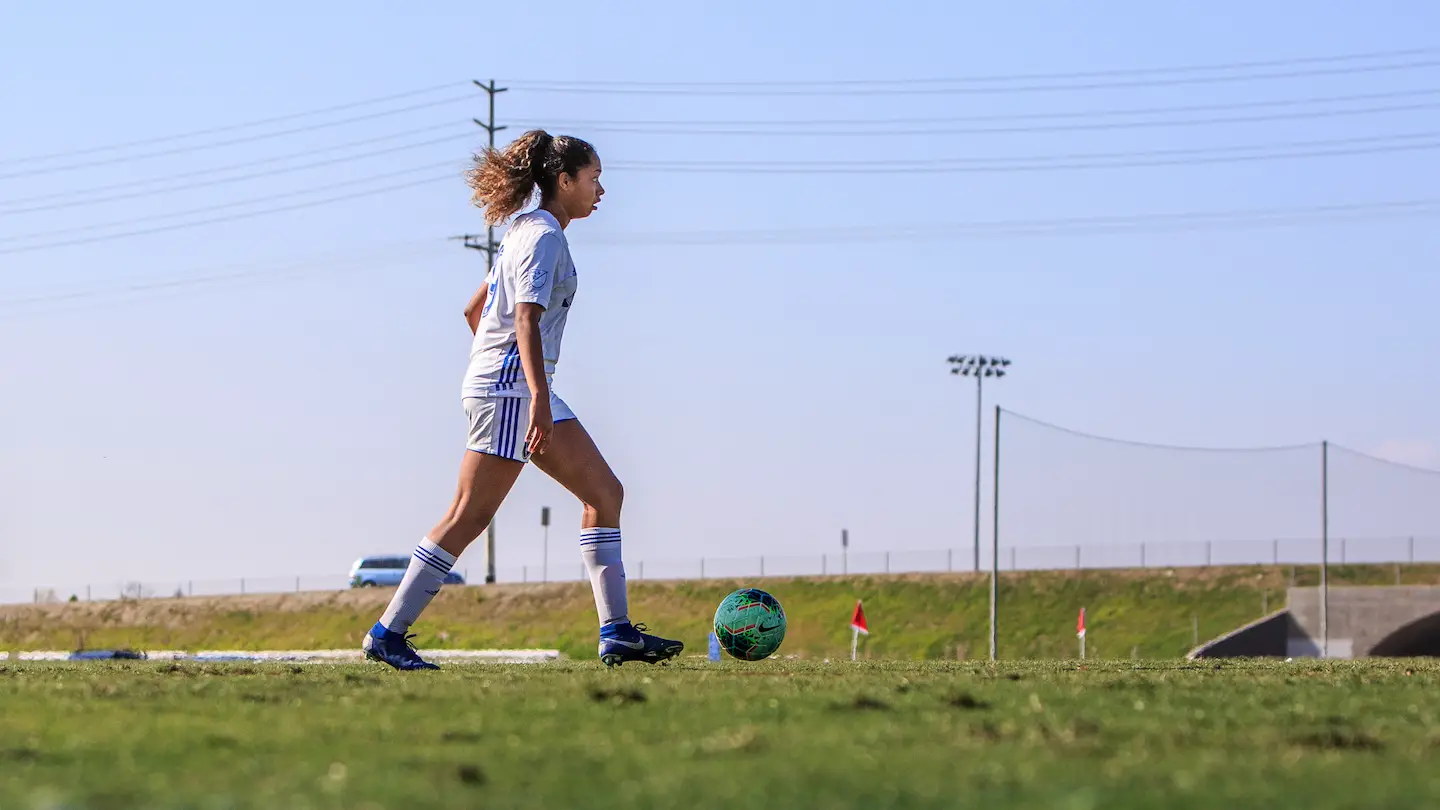By John Blake | Ledford High School Teacher and Men/Women Head Coach | Co-Founder of Soccer Resilience
Nearly every athlete during his or her career will experience some sort of injury. Since we can predict that injuries will eventually occur, it’s imperative for coaches, players, and parents, to have a mental plan in place. With the proper plan and response, athletes can get back on the field physically and mentally fit.
We often focus on the physical side of recovery and do whatever it takes to get back on the pitch. Though the body is ready, many athletes don’t perform to the same standard post injury. This is common because we often forget the most important part of recovery… the MIND.
Here are 5 tips to help you build resilience through injury:
- Embrace Your Feelings: Many athletes feel a sense of anger, denial, and even grief after a sports injury. It’s important to first acknowledge these feelings before they can be ready to work through them.
- Fill Up the Optimism Tank: Develop a short list of affirmations to help build optimism. Post them on your mirror, in the car, in the locker room, or anywhere that’s visible. These powerful affirmations can help rid your mind of negative thoughts that might creep in.
- Stay Present: We all want to get back on the field as quickly as we can, but recovery doesn’t happen overnight. Set recovery goals, and focus on the process of recovery. Go one step, one rep, and one breath at a time.
- Ask for Help: Talk to a friend, coach, parent, or even a therapist. This circle can help motivate you and provide additional support to help guide you through this tough time (And get this, one of the Soccer Resilience Founders and former Professional, Wells Thompson, said you could call him: 336-575-3324)
- Own the Injury: Don’t let the injury take control! No matter what the injury is, it doesn’t have control over you. Focus on what you can control and how you can still help the team.
An injury can be a devastating blow to many athletes, as it threatens their well-being and identity. They can also make us experience a wide range of emotions after being sidelined, leading many to experience anxiety, frustration, self-doubt, fear, a lack of self-confidence, and even depression.
But there’s good news – you have more control than you think. Next time you find yourself on the sidelines, implement the 5 tips above to make sure you’re ready to rock when it’s time to hit the pitch again. It’s not easy, but nothing worthwhile in life is!
YOU GOT THIS!
(For more resources like this, visit SoccerResilience.com)








